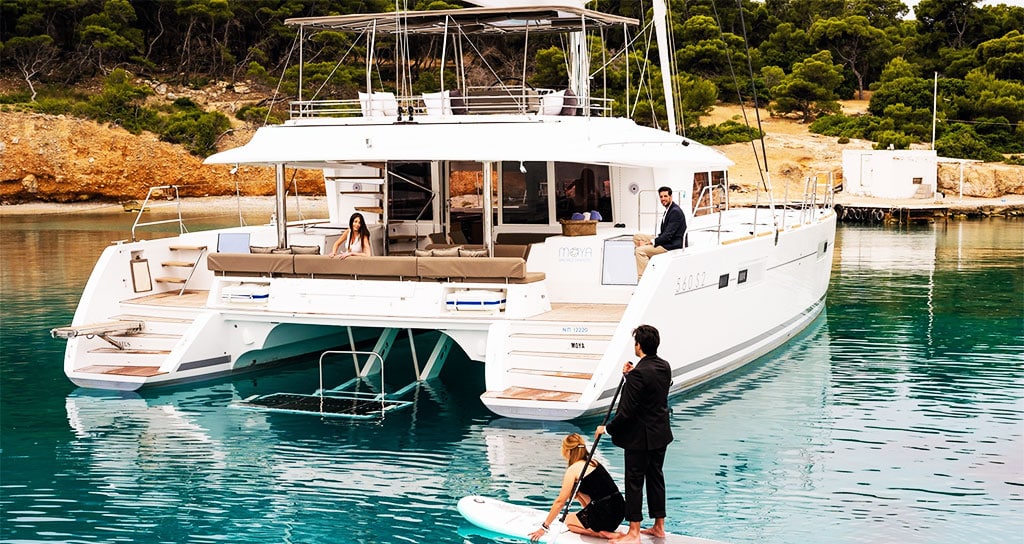Why Should Organizations Embrace “Bleisure” Travelling

In today’s global economy, despite technological advances that allow for many meetings to be done virtually, face-to-face relationships remain valuable and many business-people will still have to travel for work. But have organizations learned to embrace the health and well-being of business-people when it comes to business travel? After all, there is a trend now to have a more flexible work/life balance in the workplace.
Has “bleisure” travel been thought of for employees?
What exactly is “bleisure?” In simple terms, bleisure is becoming a popular term that incorporates business and leisure. It can range but maybe a business people has to travel somewhere but enjoys a bit of leisure on that journey. Leisure travelling is a hobby many people universally love to do – after all packing bags and heading off to a new destination sounds exciting. However, business travel may not resonate with everyone. Sure, for those who first travelled on business for work might have found it thrilling at first to go on a business trip and find out that nearly everything was being paid for by the company.
But through time, as many progress and become in managerial or specialist positions, business travel might become second nature. This is especially true for those who might be overseeing regional and international territories and might be specialists that require frequent travel to meet clients, prospects, or to manage an office in another location both in-country or abroad. For some, that might be as frequent as the film “Up in The Air” featuring George Clooney, which involved a businessman travelling so much that his home was practically up in the skies on a plane. To add, many have families that might make frequent travelling a personal burden as well.
With technological advances, many organizations now have more flexible work-life balances in general. Many now can work anytime and balance personal commitments as long as they have at least their smartphones and it doesn’t necessarily have to be in an office from 9-5. So why cannot the same happen with respect to business travel?
Bleisure travel is definitely on the rise. For instance, according to a survey by FoundersCard by some of its members, which was published on Business Insider, 81% of those who responded said they have taken trips that combine business and leisure. 51% of the participants said they plan to do this at least one time this year. Additionally, 23% of respondents said they plan to travel specifically to change scenery while working, which FoundersCard calls a “workcation.”
Companies need to embrace and incorporate the idea of bleisure travel in their company cultures more. Many organizations, with respect to business travel, still might have the mentally that their employees simply need to go to X destination to complete a task and immediately return.
Organizations should be more flexible when it comes to travel policies. This might include the time to travel. When budgets allow, especially if the travel schedule is tight, companies should space as much as possible for their business travellers to be able to rest up and do what they are planning to in their destination.
Also, as business travellers give up their time (which in many instances means leaving behind their families and friends). Organizations should be flexible if business travellers want to incorporate a bit of leisure in their trip. Companies should, when possible, allow for leisure travel to be added on any business trip. It is given that individuals would have to pay for their leisure stays. But maybe companies can be innovative as far as their company’s benefits package, for instance, paying for three night’s hotel a year for employees. Also, taking leave should also be on a case by case basis. For instance, if the business traveller has to travel on a Sunday to get to the client on the Monday but wants to take the Friday off and stay at the destination for a bit of bleisure, the employee should not be forced to take annual leave but instead be compensated for the Sunday of travelling. Also, if the employee’s spouse or even the entire family wants to accompany them then it should be allowed whenever possible. In addition, if the employee wants to work remotely afterwards for, say a week, if he or she is not physically needed to be back in the office, then there should be some flexibility to have a “workcation.”
To note, bleisure does not have to be a weekend getaway added to a business trip. It can be something simple as an afternoon of free time during a business trip. Something simple as that often times may not happen for many business executives. Stories abound for many business travellers who get asked the question, “How was Paris?” and the response in many cases is, “I really didn’t see it I just arrived, went to my hotel, slept and went to meetings all day and had client dinners or ate alone that this really nice restaurant. All I really saw of Paris was in the taxi rides in between meetings.”
Incorporating more bleisure in the work travel culture will help all employees, from executives to junior staff embarking on their first business trip, be more energized and relaxed on their trip. This will clearly help the organization as the happiness and well-being of the staff will improve overall.
Another thing to add is that business travellers will also understand a bit about the culture they are currently in. This not only implies to international travel but even for regional travel. The previous example of a businessperson going to Paris and not seeing anything of Paris but only in the taxi will not understand the culture they are in. An afternoon free in Paris for the executive may not make the individual completely immersed in Parisian culture but will give at least a basic 101 of their current surrounds. This might be helpful for something small that might help them win that contract with the potential French client after the trip, for instance.
As work/life balance is a trend hitting the workplace and looking to stay for some time, the mind-set of business travel looks to be changing too. Bleisure travel is definitely one which more people are embracing. The only question is – will organizations truly embrace it as well?
Image by Aegean Catamarans Yachting- Catamarans for charters in Greece.
Bring the best of the CEOWORLD magazine's global journalism to audiences in the United States and around the world. - Add CEOWORLD magazine to your Google News feed.
Follow CEOWORLD magazine headlines on: Google News, LinkedIn, Twitter, and Facebook.
Copyright 2025 The CEOWORLD magazine. All rights reserved. This material (and any extract from it) must not be copied, redistributed or placed on any website, without CEOWORLD magazine' prior written consent. For media queries, please contact: info@ceoworld.biz









